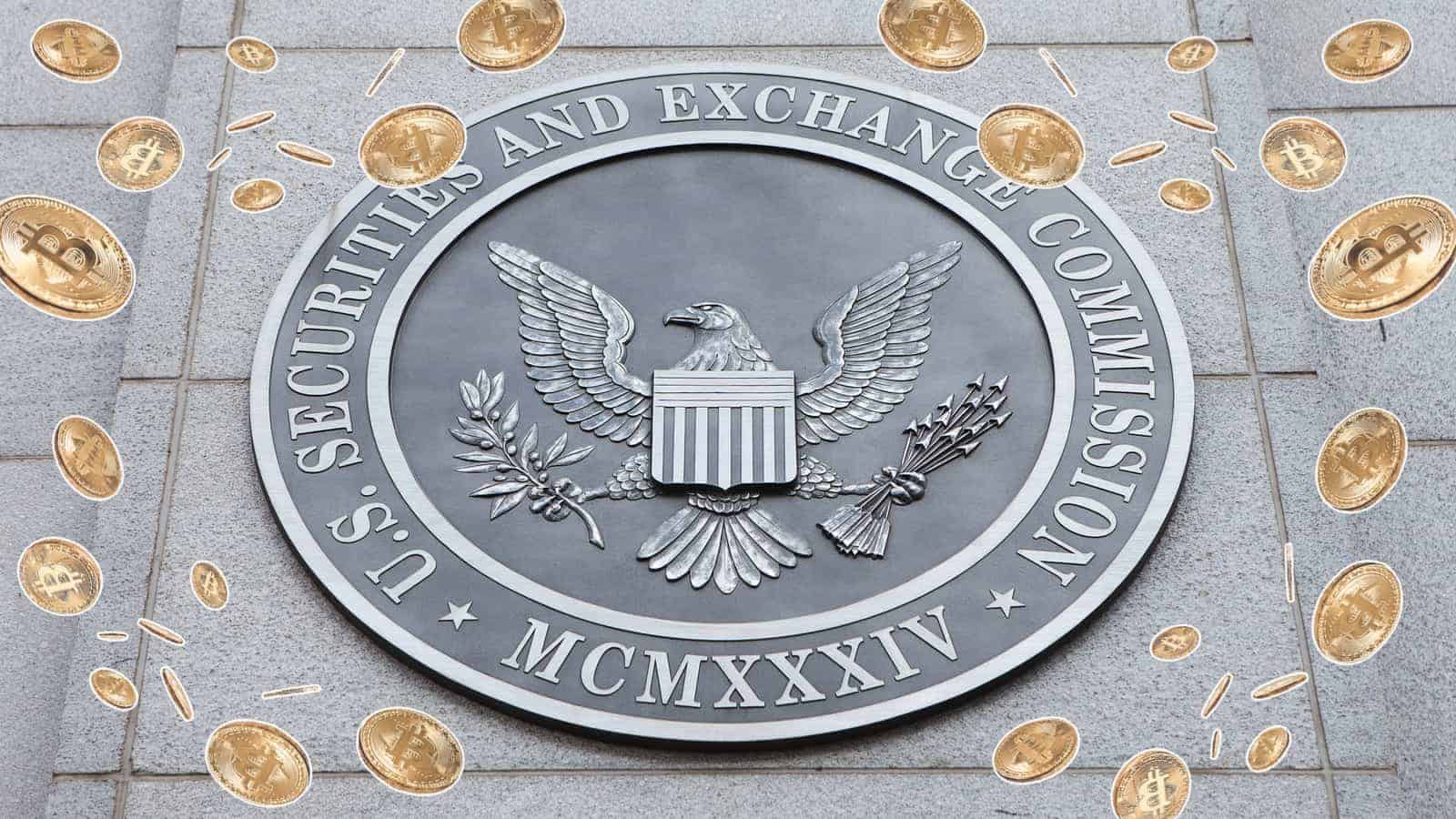In many ways, the cryptocurrency world is still in a “wild west” state of uncertainty. This is largely the result of the industry moving too fast for regulations to keep up. As a result, there is a decent amount of legal confusion—especially when it comes to initial coin offerings (ICOs). Now, the SEC appears to be cracking down on ICOs, possibly creating trouble for many tech startups.
SEC: Is an ICO a Security or Not?
Throughout the year, many of the SEC’s actions appear to be tightening the reins on ICOs. From the SEC’s perspective, much of the debate centers on whether an ICO is a security or not.
This is an important distinction. If ICOs are considered securities, then companies that run an ICO must file with the SEC. Additionally, they must run the offering just like any other investment offering.
Most importantly, this would mean that ICOs could only be offered to “accredited investors.” As defined by SEC Rule 506D, these are folks who have a minimum income of $200,000 or who have a minimum net worth above $1 million.
On the other hand, if the SEC concludes that ICOs are not securities, then companies running the ICO would be exempt from all those regulations. As a result, they would be free to offer their ICOs to a much wider range of potential investors.
Clearly, this distinction has huge implications for ICOs. And in many ways, if the SEC concludes that an ICO is a security, it could fundamentally undermine some of the reasons ICOs have become so popular.
Over the last year or so, ICOs have exploded in popularity. In particular, many startups use ICOs as an alternative to traditional fundraising methods. For many startups, an ICO is basically a creative way to crowdsource startup capital.
But if the SEC rules that ICOs are securities, it would limit ICOs to accredited investors only. This would decrease the number of people who could buy into an ICO, and theoretically, cut back the overall effectiveness of an ICO.
Is the SEC Clamping Down on ICO?
Capital raising through blockchain requires compliance with federal securities laws https://t.co/IjOxjoVdfK
— SEC Enforcement (@SEC_Enforcement) July 25, 2017
Throughout 2017 and 2018, the SEC has increasingly focused on the question of what to do about ICOs. These early-stage decisions could set an important precedent for the future of ICOs.
Here are some potentially key turning points in the SECs attempt to figure out ICOs:
- In July 2017, the SEC tweeted: “Capital raising through blockchain requires compliance with federal securities laws.” This tweet didn’t take an explicit stance. But it definitely opened up the question of whether or not ICOs are securities.
- Later that year, the SEC ruled that DAO Tokens were indeed securities. This could prove to be an important precedent.
- Earlier this year, the SEC ruled that ether and Bitcoin are not securities. This is also an important precedent. Interestingly, it goes against the agency’s earlier ruling on DAO Tokens.
- In the same breath, the SEC also said that simply labeling something an ICO does not automatically exempt an offering from being a security. This statement leaves the door open on the securities debate.
- As Yahoo Finance reported, the SEC is now putting pressure on many companies running ICOs. In particular, the SEC has subpoenaed information from many of them and is now demanding that these companies wrap up their cases.
So far, the SEC has not made any hard and fast rules about ICOs. But it is clear that the agency is looking at ICOs. In fact, it seems that ICOs are coming under increasing scrutiny, and that is likely to continue into the future. This scrutiny has arguably slowed the popularity of ICOs, which saw their peak in January 2018.
This wouldn’t be the first time in cryptocurrency history that the SEC affected the market. When the government delayed a crucial decision, Bitcoin’s price fell below $6500.


